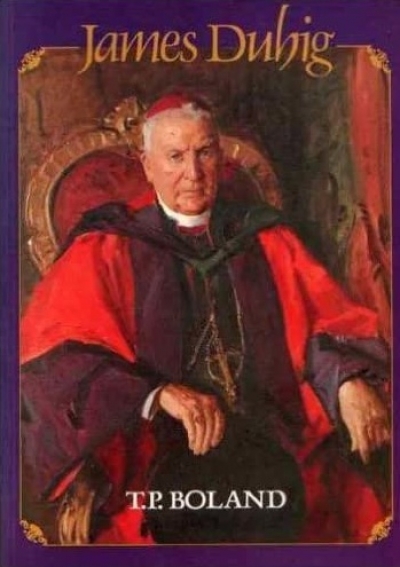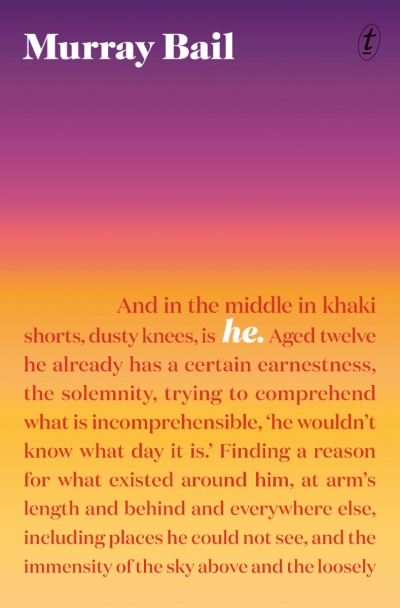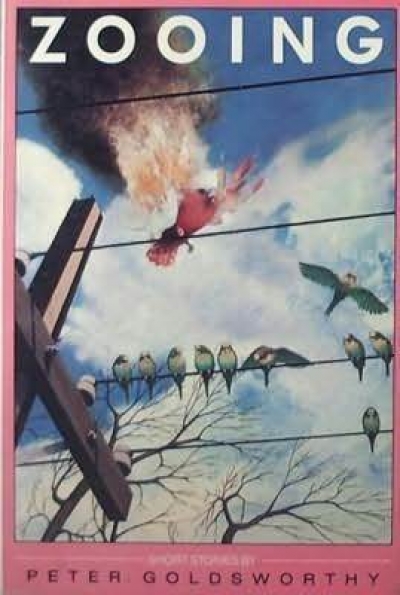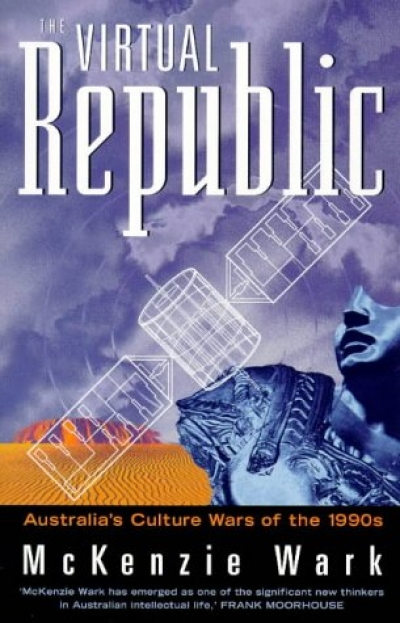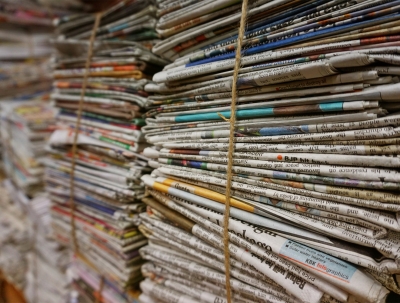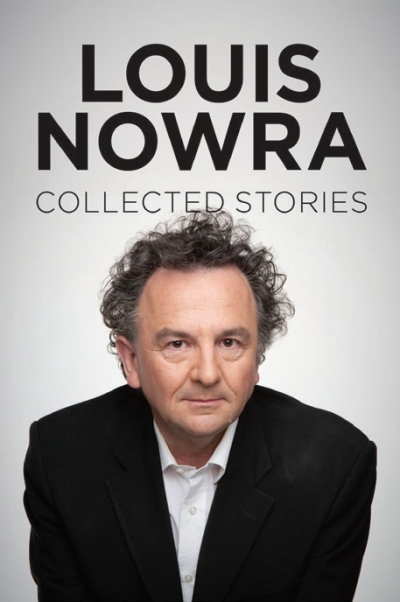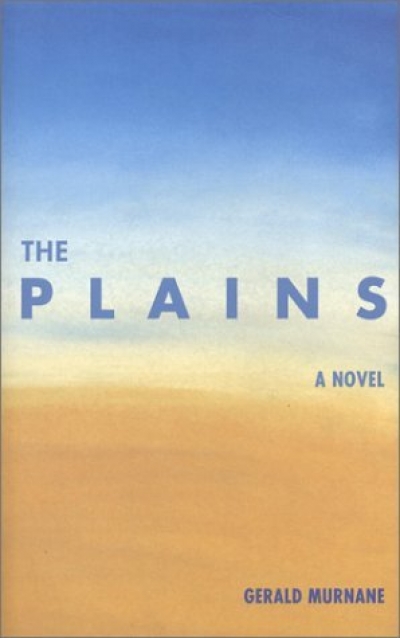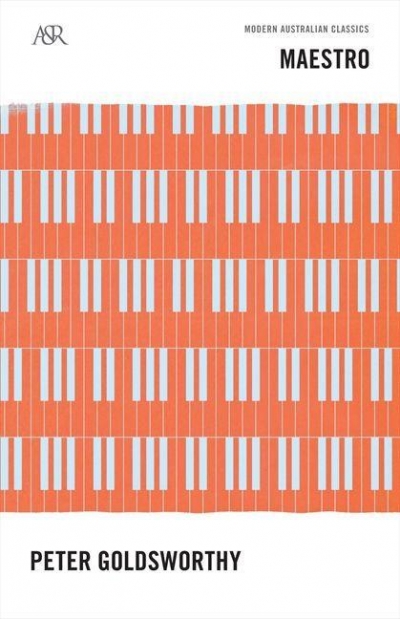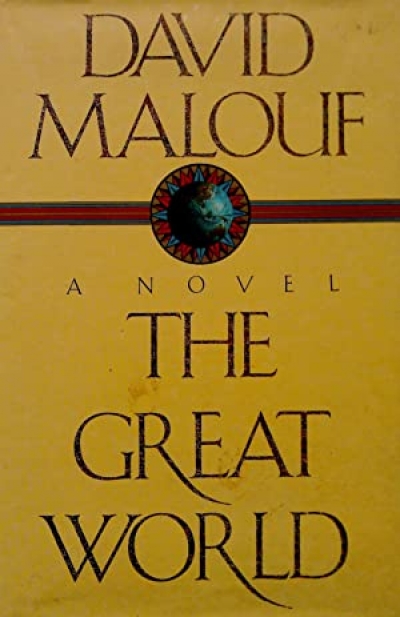Gerard Windsor

Gerard Windsor’s most recent book is The Tempest-Tossed Church: Being a Catholic today. He has published twelve books: fiction, memoirs, comic verse, essays, a non-fiction account of an Australian infantry company in Vietnam, and an extended essay on the Camino to Santiago de Compostela. He has long reviewed for the Fairfax and New Limited newspapers.
Subtle-tasting experience, dating back more than ten years, has made me suspicious of ideologues who take pen to comment on Their Own. Whether they’re, say, reviewing the fiction or writing the history of Their Own, the continuing good of the Cause tends to be a primary consideration. So my sceptical heart sank when I heard that the biography of James Duhig, Catholic Archbishop in Brisbane from ... (read more)
In 2005, Murray Bail published Notebooks: 1970–2003. ‘With some corrections’, the contents were transcriptions of entries Bail made in notebooks during that period. Now, in 2021, dozens of these entries – observations, quotations, reflections, scenes – recur in his new book, He. It’s to be assumed that this book, too, is a series of carefully selected transcriptions from the same, and ... (read more)
A reviewer’s prejudices are rarely so obvious to him as are mine in the case of these two books. I have an instinct of sympathy with Peter Goldsworthy. Our first books of stories received a joint review from John Tranter in the Sydney Morning Herald. The venerable poet was, let us say, splendidly discouraging: Windsor’s and Goldsworthy’s joint faults made them ‘like so many hundreds of for ... (read more)
‘Ken Wark,’ says Linda Jaivin on this jacket, ‘makes postmodernism sexy.’ First cabbages, now postmodernism! Where can she take us from here? The trouble is I don’t believe her. Now that’s too easy a write-off. I’m not instinctually warm to The Virtual Republic, and I think Linda Jaivin’s line is a more than normally meretricious blurb, but Wark’s enterprise is essentially a requ ... (read more)
I grew up with The Sydney Morning Herald. In spite of enforced years in Melbourne and Canberra and sojourns overseas, I still regard it as my paper. So my business being writing and Sydney my town, it’s a matter of identity that The Herald’s reviews are the primary ones for me. But my tribal instincts are faltering. The problem is The Herald’s book coverage. My quarrel isn’t with the choic ... (read more)
Collected Stories is a misleading title for Louis Nowra’s new publication. It’s nothing as uniform as that. Apart from poetry, is there any genre in which Nowra has not made his mark? He’s a playwright, screenwriter, novelist, memoirist, local historian, essayist, reviewer, feature journalist – and the author of one enduring Australian gem in Così (1992), in all its multiple forms. Yet he ... (read more)
The Plains is a book for the critic, not the mere reviewer. It is a strange creature, to be approached with care.
Several omens made me cautious. My review copy reached me three months after the date of posting. It was not in mint condition. In fact, the advanced state of spinal curvature is but a bagatelle to the numerous textual annotations and underlinings. There are apparently some gremlins i ... (read more)
The current literary enterprise of this country is greatly indebted to Peter Goldsworthy. Yet his name is not one of those that trip off the reflex tongues of journalists, and not only journalists. He has only recently started to appear in the anthologies. He is granted all of two lines in Ken Gelder and Paul Salzman’s jerky traverse of our recent fiction. Yet his accomplishment in a diversity o ... (read more)
Initial appearances notwithstanding, The Great World is not a grand, epic title. It is a phrase of the wide-eyed naïf, gaping at the wondrous, which is anything beyond his experience, especially any tawdry, flashy concoction. In fact, David Malouf’s primary ‘great world’ is an entertainment park of that name in Singapore where a contingent of prisoners of war are quartered early in 1942. Th ... (read more)

